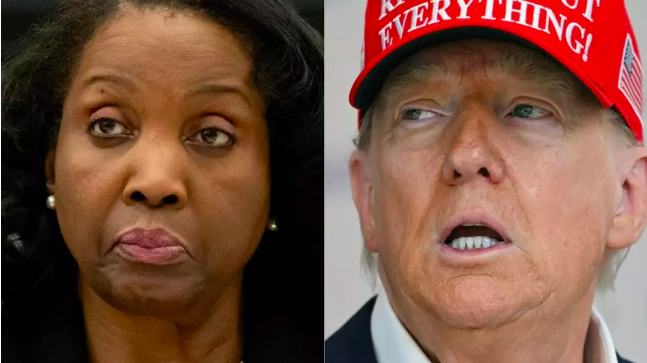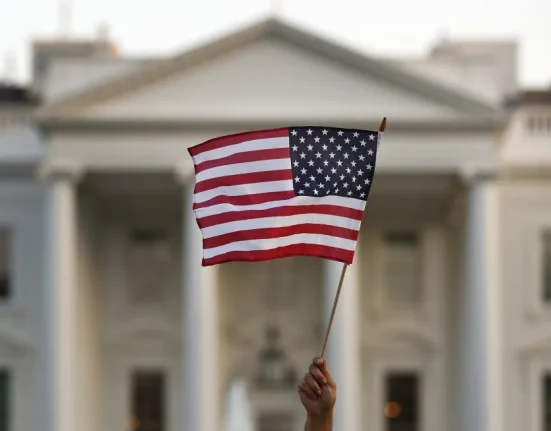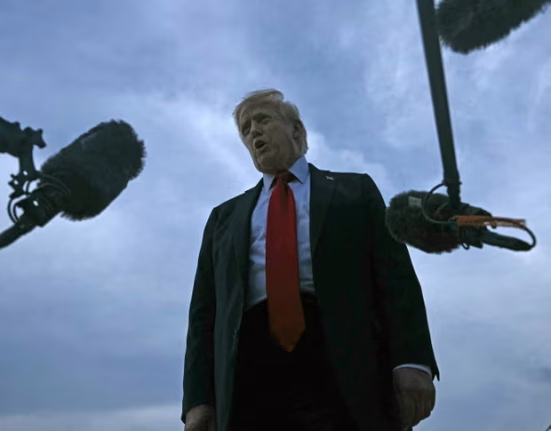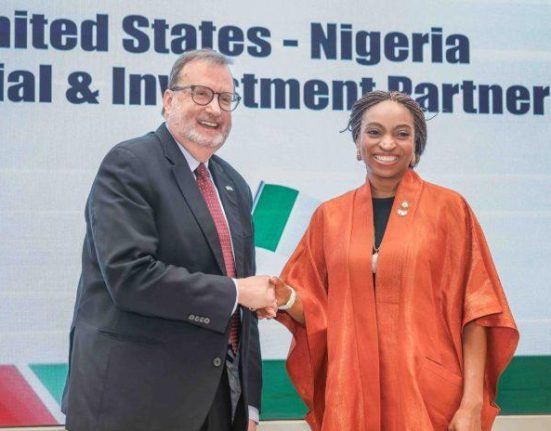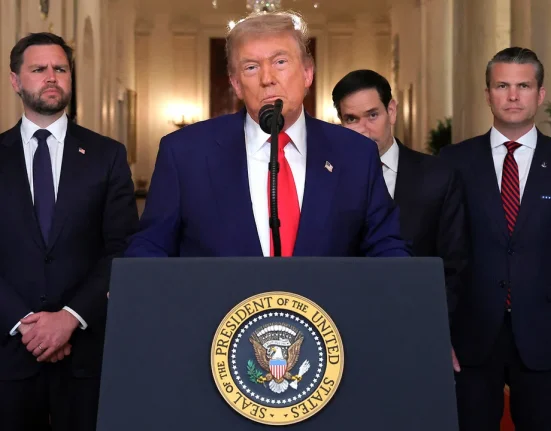In a move that has sparked fresh debate across international political circles, former U.S. Federal Reserve Chair has described President Donald Trump’s effort to unseat Governor Cook as deeply alarming, warning that it poses a serious threat to the integrity of institutional independence.
The ex-Fed chief, whose storied tenure once guided America’s monetary policies, voices grave concern over Trump’s push to dismiss Governor Cook, an action, he argues, that imperils the established balance between political authority and independent regulatory bodies. Drawing parallels with past challenges to checks and balances, the former Fed head cautions that allowing such a removal could pave the way for future political interference in agencies meant to function beyond partisan influence.
According to the ex-official, Governor Cook’s mandate was established to navigate the rigours of economic governance with impartiality; to remove her under politically motivated pressure, he claims, “cannot only destabilise the institution, it sets off alarm bells about undermining credible governance structures.” Without naming specific agencies, he hints at ripple effects: “Once rules can be bent for one appointee, where does the line stop?”
Observers say the situation underscores the fraught crossroads where political ambition meets technocratic stewardship, especially at a time when economic indicators, central bank credibility and investor confidence are increasingly susceptible to volatility. Trump’s camp, however, maintains that their call for Cook’s ouster stems from policy disagreements rather than an assault on institutional autonomy.
Yet, for the former Fed Chair, separating personal political motive from professional competence is less convincing. “The line between accountability and politically driven removal is razor-thin, and between accountability and politicisation is dangerous,” he warns.
As the debate swirls, the broader lesson for democracies like Nigeria stands clear: retaining the sanctity of independent governance is not just abstract principle, it is the bedrock of sustainable policymaking and public trust. That, he suggests, is the truly perilous erosion that Trump’s move could herald, not merely for one governor, but for the institutions that underpin democracy itself.

